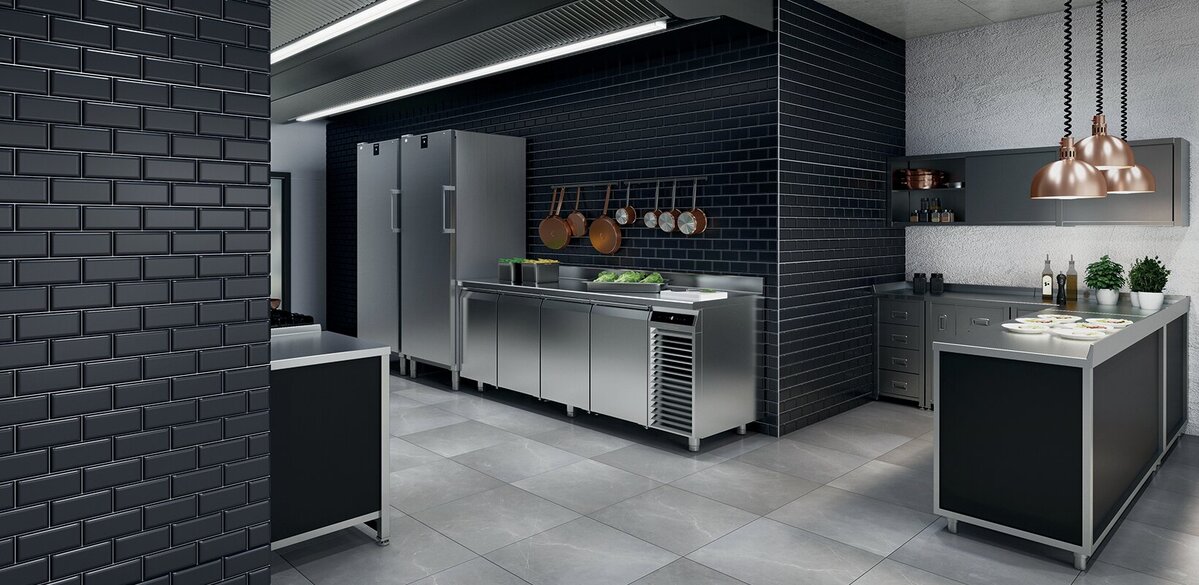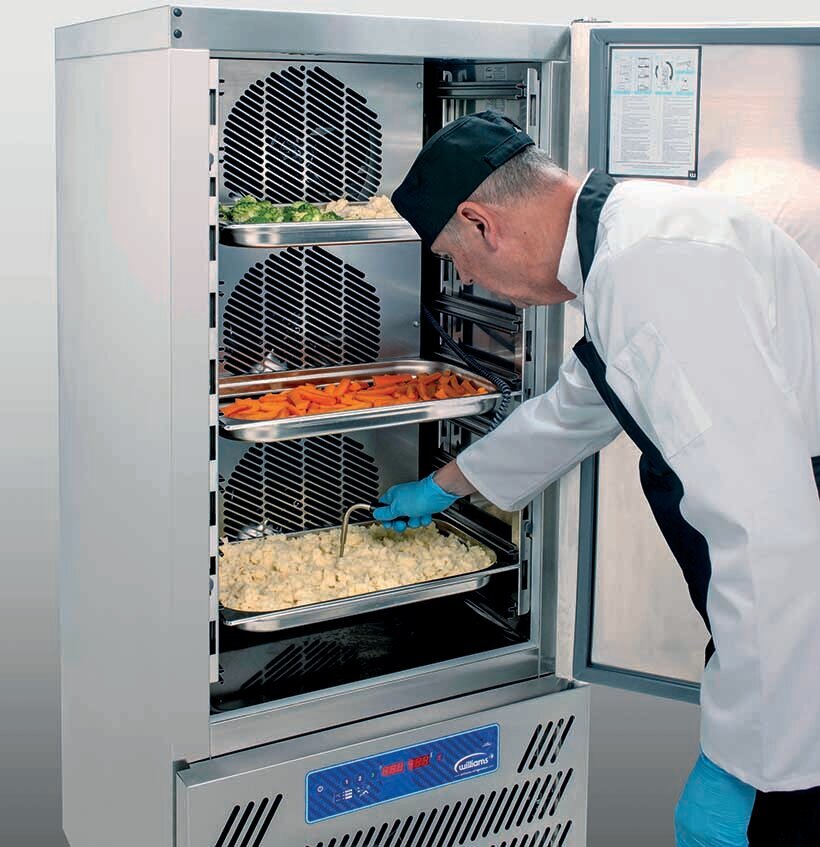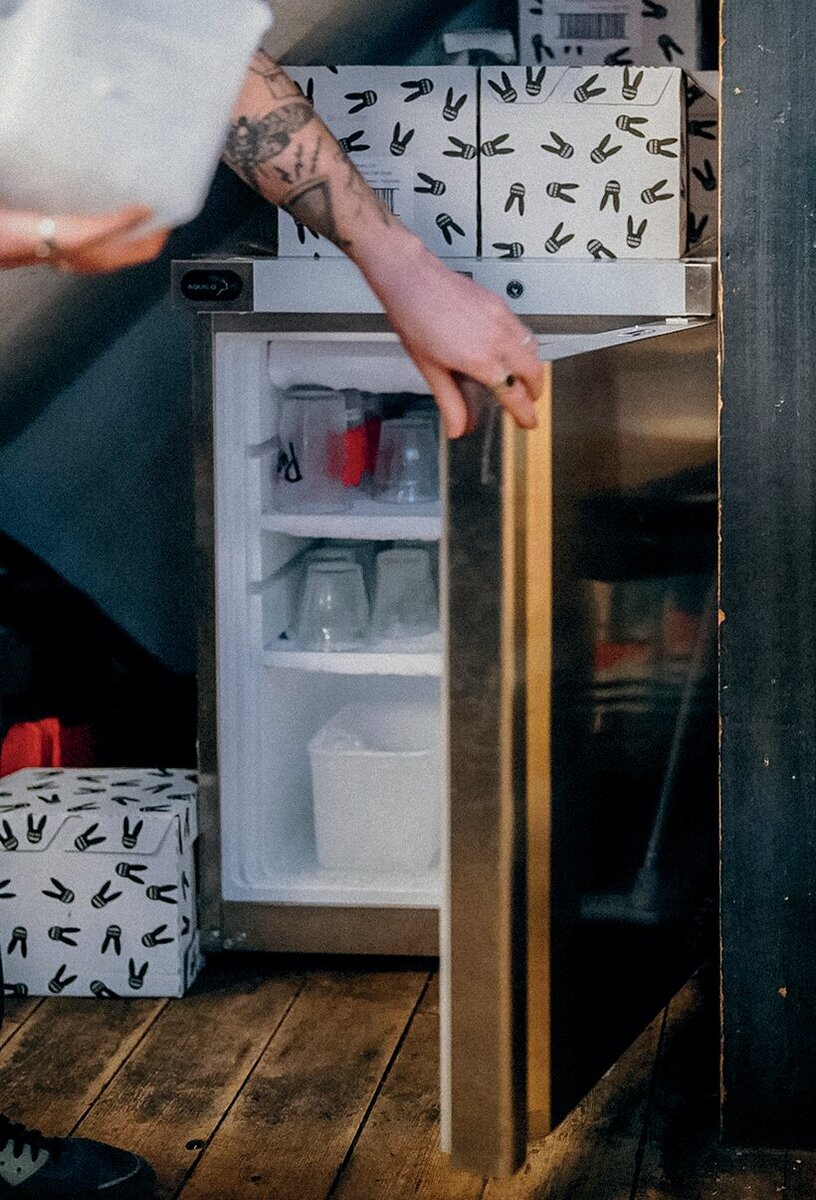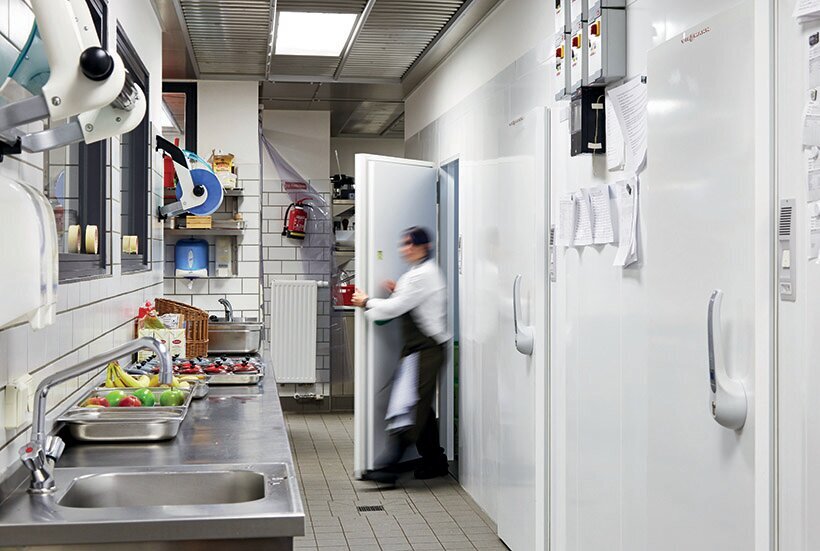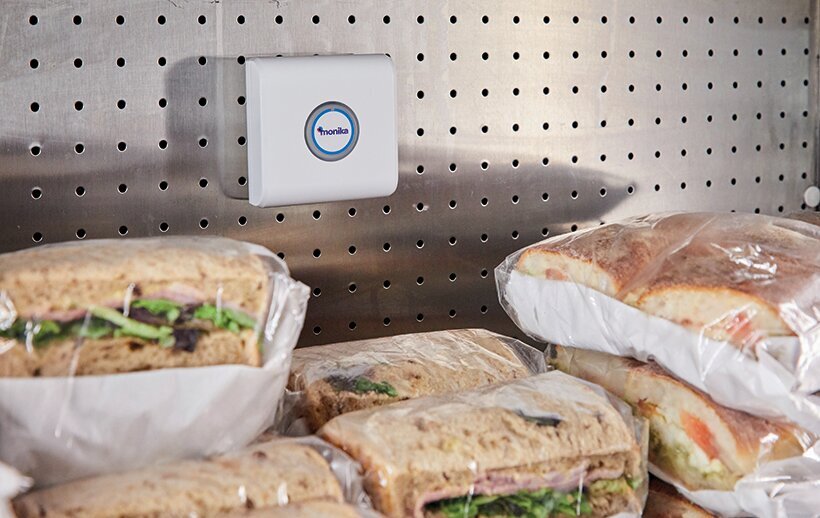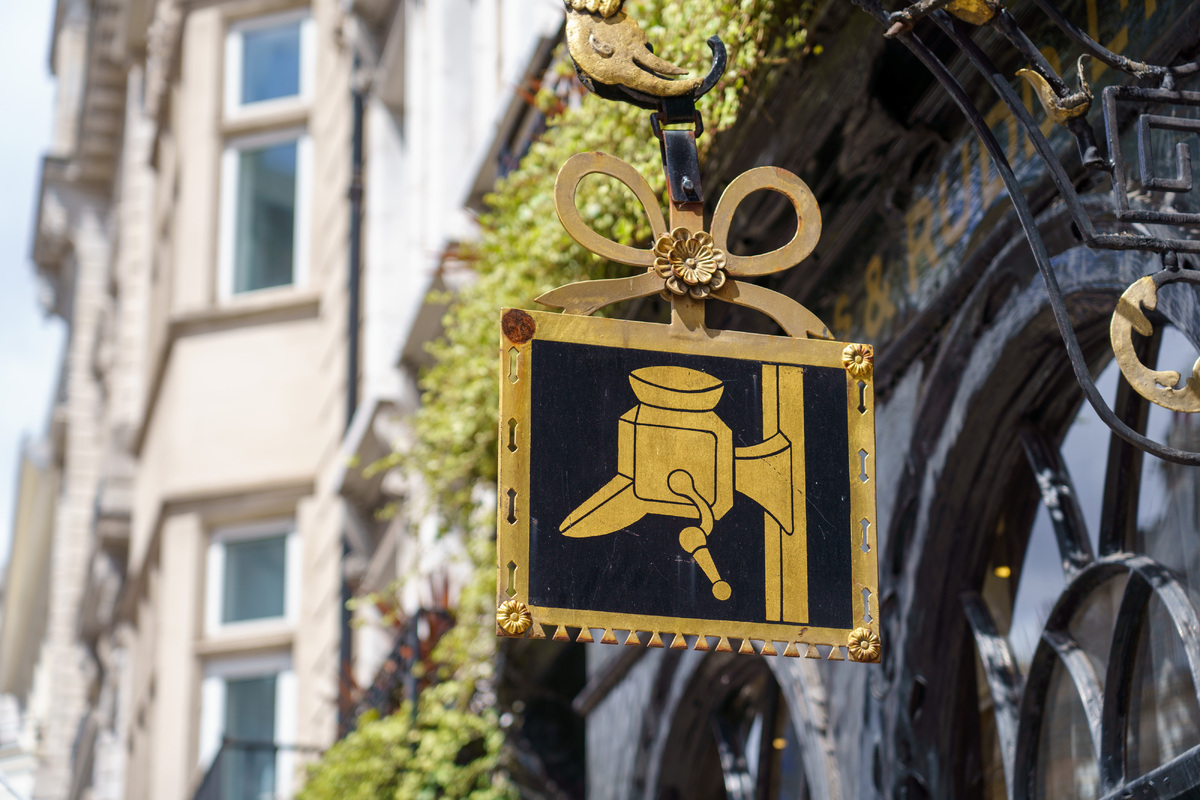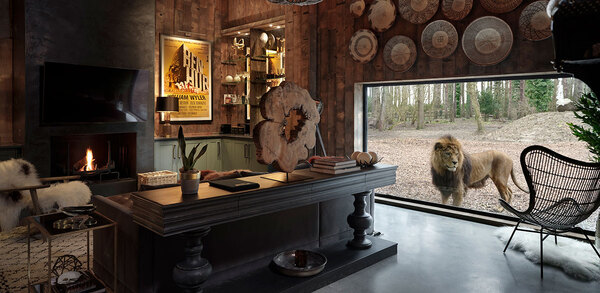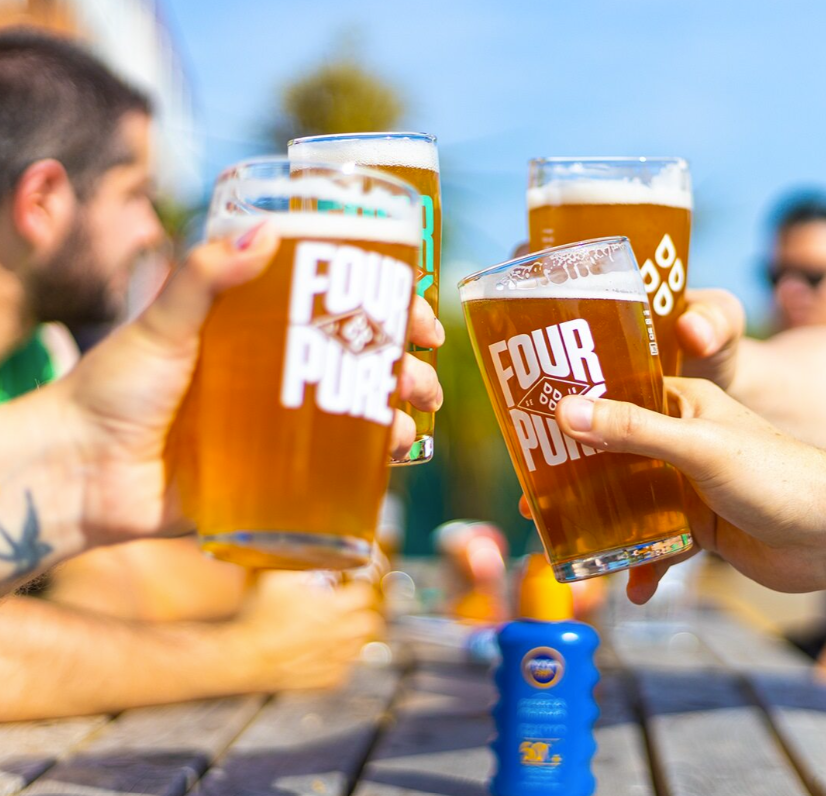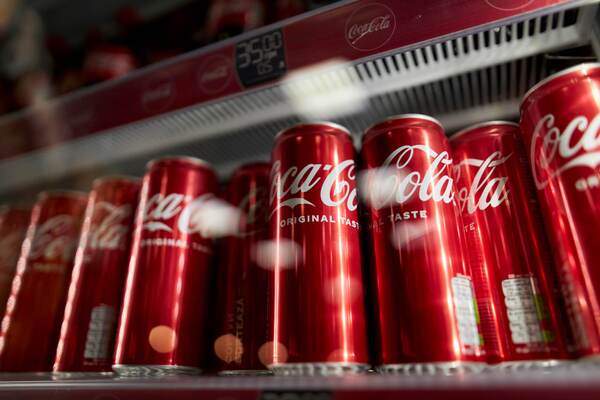Refrigeration that cools with less fuel
Refrigeration energy usage and costs are a hot topic, so it pays to choose models that are both efficient and help you save on your energy bills. Clare Nicholls reports
The hum of refrigeration is a constant undertone in any hospitality site’s soundscape, with cold storage being the one bit of kit that just about any venue will require in one form or another. But with operators so hard-pressed from every direction in the current economic climate, an appliance that needs to be on 24/7 is a significant consideration when it comes to outlay.
Refrigeration suppliers have therefore taken up the fight to develop proven technologies that are good for both the pocket and the environment – two high priorities for operators.
One of the latest venues swapping to hyper-efficient refrigeration is the Winchester bar in Sherwood on the fringes of Nottingham city centre. The community hub, run by Will Gray and husband and wife team Mike and Lisa Douglas, was already committed to eco-consciousness – its roof is decked out with solar panels. The site’s next challenge was to reduce its refrigeration energy consumption, and so it put a claim by manufacturer Husky to the test, that its Husky Eco is ‘the world’s most efficient back bar fridge’.
The existing refrigeration had a substantial energy consumption of 500kWh per annum each, but when the team searched for the most energy-efficient refrigeration, the Husky Eco double-door emerged as a frontrunner with an annual energy consumption of just 238kWh. This contrast in energy usage highlighted the potential for significant cost savings and a reduced carbon footprint, aligning with the Winchester’s eco-friendly ethos.
Once the Husky Eco was fitted into the bar, it consumed 0.72kWh per day while maintaining drinks at 4.4°C. The Winchester’s previous models had consumed 1.87kWh daily to achieve the same cooling performance.
Gray says: “The performance of the Husky Eco during one of our busiest weekends of the year so far was a real eye-opener. Seeing the energy consumption figures really put into perspective the difference the Husky Eco makes. Not only are we saving on our energy bills, but we’re also doing our part for the environment by significantly reducing our energy usage.”
Salad days
Café Wayland’s Yard, with 200-cover branches in Birmingham and Worcester, serves locally sourced, diner-style breakfasts and brunches. Director Joe Phillips says: “Whatever we do, we try to do as well as possible. Of course, that applies to our food, but it’s also relevant to our equipment, a lot of which is refrigeration because everything we sell needs to be kept at the perfect temperature to maintain maximum freshness.”
Phillips was looking for eco-friendly appliances that were also sensibly priced, and decided on Aquilo Refrigeration from the team behind Pantheon Catering Equipment.
“Through a recommendation we found exactly what we needed at Aquilo,” he says. “We’ve got a few units now, including a refrigerated salad counter, and they’re all perfect. In fact, because we could justify the cost, we even use one just to ice glasses.”
Bigger hospitality groups are also always on the hunt for dependable refrigeration that can meet their needs while avoiding high utility expenses. Premier Inn owner Whitbread has found its energy costs have halved over the past few years thanks to Adande’s refrigerated drawers. At the Oxford branch of Beefeater in the Oxford Technology Park, the cookline is outfitted with units that can operate at both fridge and freezer temperatures, while appliances in the dessert section store ice-cream.
Whitbread’s kitchen platform manager Michael Jessop says: “Using Adande at various stations in the kitchen saves on average 46% of energy use. Quantify that into pounds and as you can imagine, the saving is huge. Not only that, but using less energy helps reduce our carbon footprint in line with our company goals.”
In such busy sites where staff need to access fridges some 2,000 times a day, the group found that it saved time moving from undercounter door cabinets to drawers: “We found we can save seven seconds using Adande drawers, per opening. That equates to four hours of saved time, more or less, per day, per kitchen. Again, multiply that across our estate and the impact is enormous,” he says.
Heaven sent
For Michelin-starred restaurant the Angel at Hetton in Skipton, North Yorkshire, increasing the sustainability of the venue is a key part of chef patron Michael Wignall’s vision. “We’re aiming to be as green as possible here,” he says. Wignall chose Williams refrigerated cabinets, counters, blast chillers and coldrooms, many of which were bespoke. The total electricity supply to Hetton village was only 120kW, while the kitchen’s originally estimated peak load would have been 290kW, so to solve this Wignall had a Sicotronic intelligent energy management system from Ki-Tech installed. The system scans the circuits and diverts power when and where it is needed. This, combined with the latest energy saving technology, allows the Angel to make significant reductions on its electricity consumption.
“Looking for ways to reduce energy usage ties into our aims of being environmentally friendly as well as helping to limit the effects of rising costs, so looking for the most energy efficient equipment just makes sense,” says Wignall. “What we have now is probably the most energy efficient kitchen in the UK.”
Tried and tested
It can be difficult for operators to determine which refrigeration brand is the most efficient and eco-friendly for a hospitality site, given the blizzard of claims and counterclaims out there, and the only surefire way of checking is through independent certification.
Over recent years the Ecodesign Directive and Energy Labelling Regulations, originally established by the EU and then readopted by the UK following Brexit as the GB energy labelling directive, have become the go-to standards. Commercial refrigerators’ energy class is rated on a scale from A+++ to G (where A+++ is the most efficient), and is based on the appliance’s minimum energy performance standards.
Liebherr is demonstrating its eco credentials with a Gold EcoVadis sustainability rating, gained last year for the second time, ranking the firm among the top 3% of all rated manufacturing companies worldwide. Its refrigeration technology includes a sensory system that enables its units to adapt their cooling performance, only using the entire power reserve when necessary. This can be seen in its new heavy-duty range, out this summer, such as the A-rated FRPSvg 6501 upright cabinet.
Meanwhile, renewable energy system supplier Viessmann subjected its coldrooms to independent analysis by certification organisation TÜV Süd. The testing demonstrated that Viessmann coldrooms outperformed the market average energy efficiency by 18%, and the least-efficient competitor models by 49%, due to its foam insulation which maintains performance over the long term. With the manufacturer noting that focusing on lifecycle costs can ultimately lead to higher energy savings, this is a good principle for hospitality equipment buyers to abide by – the old adage of ‘buy cheap buy twice’ will always be apposite.
Mastering temperature monitoring for all staff
Precise temperature monitoring can deliver huge efficiency benefits for hospitality sites, such as events caterer Grocers’ Hall in London.
Head chef Graham Pratt is responsible for delivering up to five courses for a maximum of 250 guests as well as catering for the Grocers’ Company’s 1,100 members, as well as feeding his team of 30 full-time staff – rising to 70 team members at busy events.
With a collection of fridges, freezers and blast chillers in the kitchens, Pratt wanted to ensure efficient operations, food safety and hassle-free reporting. In a busy commercial kitchen, it can be difficult and time-consuming to train staff on how to fill in hygiene and safety reports, and even more so to ensure these checks are done correctly in the middle of a busy service. To combat this issue, Pratt introduced the Monika monitoring system to keep an eye on all refrigeration temperatures, along with two probes for goods in and cooked items and a handheld device to stay on top of probing checks and opening and closing tasks.
He says: “Monika saves a huge amount of time that would normally be spent manually collecting data, and what’s more, it’s far easy and quicker to train all staff on how to use the equipment. The results are more accurate and ensure checks cannot be missed or made up. Checks can be done easily and are logged straight away which saves paper and storage.”
Monika’s smart cloud-connected system feeds all information gathered across Grocer’s Hall straight to a dashboard, while any notifications are emailed to Pratt. A hub in his office alerts him with an alarm and a flashing red light so he can quickly address any issues, which can be anything from an open refrigerator door to malfunctioning equipment.
Suppliers
Adande
Aquilo Refrigeration
Husky
Ki-Tech
Liebherr
Monika
Viessmann
Williams



